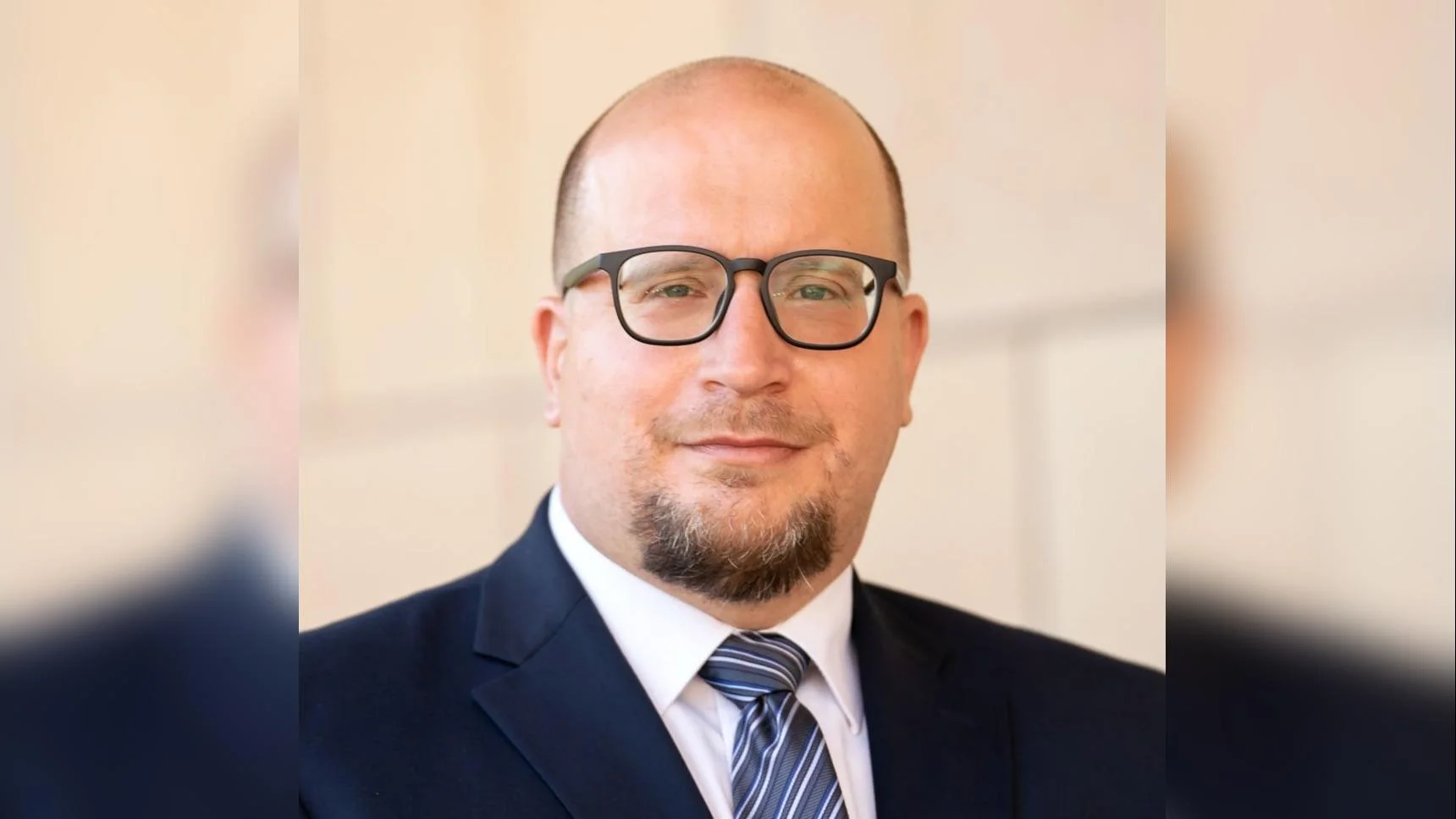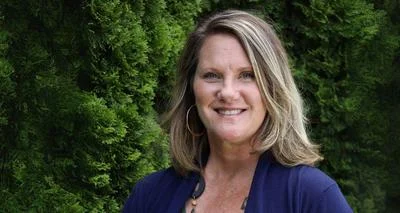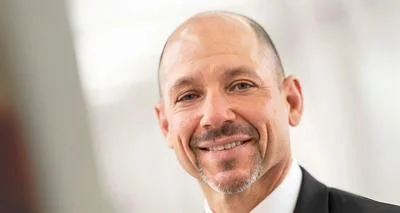Jay Robaidek Senior Vice President, External Affairs | U. of Wisconsin Hospital and Clinics
Jay Robaidek Senior Vice President, External Affairs | U. of Wisconsin Hospital and Clinics
A cancer diagnosis can significantly alter life plans, including family planning. Treatments may delay the ability to conceive or affect fertility temporarily or permanently. UW Health Fertility Care collaborates with UW Health | Carbone Cancer Center to educate patients about fertility options before starting cancer treatments. This includes discussing effects on fertility and assistance in freezing sperm or eggs, or creating and preserving embryos.
Dr. Laura Cooney, a reproductive endocrinology and infertility specialist with UW Health Fertility Care, noted the emotional impact of cancer on patients. "What’s hard about cancer is the lack of control. A lot of patients feel like cancer is taking something from them," she said. "Our ability to do fertility preservation is hopefully preventing cancer from taking another thing from them and increasing the chances they can have a family in the future."
Patients are ideally referred to UW Health Fertility Care before beginning treatment to understand both short-term and long-term impacts on fertility. Dr. Cooney explained that even if oncologists haven't finalized treatment plans, referrals for discussions often occur early. "With most situations, we’re trying to (complete fertility preservation) before starting chemotherapy," she stated.
Chemotherapy and radiation near sexual organs can affect egg and sperm quality, while some medications block sex hormone production for years to prevent cancer recurrence. Surgical removal of reproductive organs might also be necessary for some patients.
UW Health Fertility Care assists in reviewing risks related to specific diagnoses and treatment plans concerning future fertility. For many, chemotherapy does not mean infertility. "Just because someone received chemotherapy does not mean that they are infertile, and it’s really important that patients know that," Dr. Cooney emphasized.
Freezing sperm is a quick process with minimal treatment delay, but egg retrieval requires two to three weeks of medication, potentially causing anxiety over treatment delays. However, Dr. Cooney reassured that delaying chemotherapy by this period typically does not impact treatment success for many solid tumor cancers.
The clinic's providers work closely with oncology teams regarding timing and coordination of treatments and interventions. "This is absolutely a multidisciplinary conversation," Dr. Cooney said.
For blood and lymphatic cancers where timing is more critical, fertility preservation may not always be possible; however, consultations remain beneficial as some chemotherapies are less damaging than others.
The clinic also has health psychologists supporting patients through decision-making processes around fertility preservation efforts' potential outcomes.
Genetic mutations raising cancer risks are another concern for some patients considering parenthood; screening options exist to mitigate these concerns according to Dr. Cooney.
Financial considerations may deter some from pursuing fertility preservation initially; however, discounted services are available at UW Health Fertility Care for such cases as part of their supportive approach.
"It can be empowering for patients just to discuss what their particular risk is with their diagnosis...and personalize their options," concluded Dr. Cooney.






 Alerts Sign-up
Alerts Sign-up